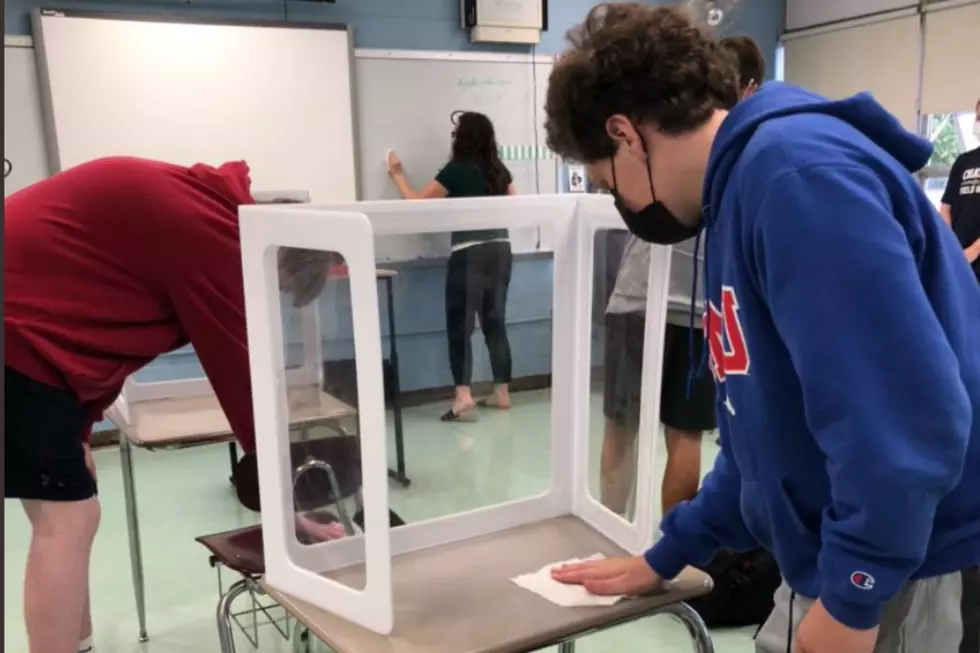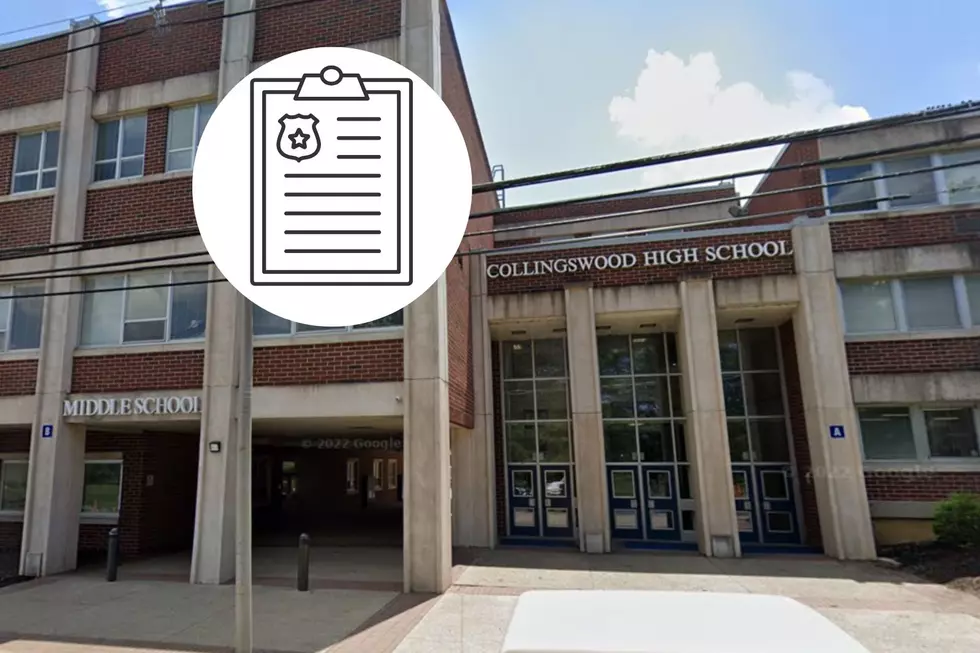
NJ Could Let Parents Decide if Kids Repeat Grade Due to Pandemic
TRENTON – Parents would have until June 1 to decide their school-age children are going to repeat their current grade due to the learning loss caused by COVID-inflicted school disruptions, if a bill endorsed Tuesday by a Senate committee makes it into law.
Parents and guardians can already request to have their child repeat a grade, but that decision is ultimately up to school administrators. For a few months, they’d have control over that choice after consulting with a school counselor or staff member
Sen. Shirley Turner, D-Mercer, said the bill, S3470, is necessary given how many students have been relegated to remote learning, some of whom didn’t or still don’t have the needed technology.
“These are students who are left hopelessly behind. Many of them were behind before the pandemic,” Turner said. “And this is an opportunity for these children to catch up and have a do-over year so that they can go on and become self-supporting, proficient citizens.”

“Desperate times demand desperate efforts, and we’re trying to save our children,” she said. “The child is what’s most important now, not the bureaucracy.”
The bill was endorsed 5-1 by the Senate Education Committee, over concerns of groups representing school administrators, teachers and school boards about the potential costs and unintended impact on children.
“Not only will it affect the numbers of students who will be retained,” said John Burns, a counsel with the New Jersey School Boards Association, “but then that will also have an impact on making sure that we have the personnel in the classrooms to teach them and the facilities in order to do that.”
Debra Bradley, director of government relations for the New Jersey Principals and Supervisors Association, said research shows retaining students doesn’t improve their long-term academic achievement. For young students, it may help for one year, she said. For older students, it’s more likely they’ll drop out of school.
“They need to believe in their success,” Bradley said. “And the decision of retention and concerns may compound the loss that they have felt from the pandemic.”
“Our students are already returning to school with strong social and emotional needs, and we believe educational decisions should assist students in their learning and not increase stressors,” she said.
Sen. Teresa Ruiz, D-Essex, said the bill is needed, in part because the state isn’t adequately addressing how to respond to the toll the past year of disruptions is having on students.
“We need to wake up from this. There is a dramatic pandemic that is currently occurring, and it’s not COVID-19. It’s learning loss,” Ruiz said.
“I would venture to say that a good number of parents would not participate in this,” she said. “But provide absolutely every single opportunity, summer robust programs, weekend academies, all of this. You cannot do double time at the beginning of the school year next year. It just will not work.”
Sen. Mike Doherty, R-Warren, voted against the bill, as well as another adding a year of eligibility for special-education students who "age out" of the services, because of the potential cost.
“We would like to provide these services,” Doherty said. “It’s very expensive, and the property tax issue for most people is really out of control. And I don’t know how people are going to continue to pay all of their bills when we tack on these additional programs.”
Ruiz said the federal government just approved “a severely robust plan to help states” and that the state can fund the program from its share of that legislation, which has been estimated at $6.4 billion.
“Nobody wants to leave this burden to the district. Nobody wants to leave this burden to taxpayers,” Ruiz said. “This is a state responsibility.”
How Many in America: From Guns to Ghost Towns
Famous NJ people from A to Z (almost)
More From WPG Talk Radio 95.5 FM










